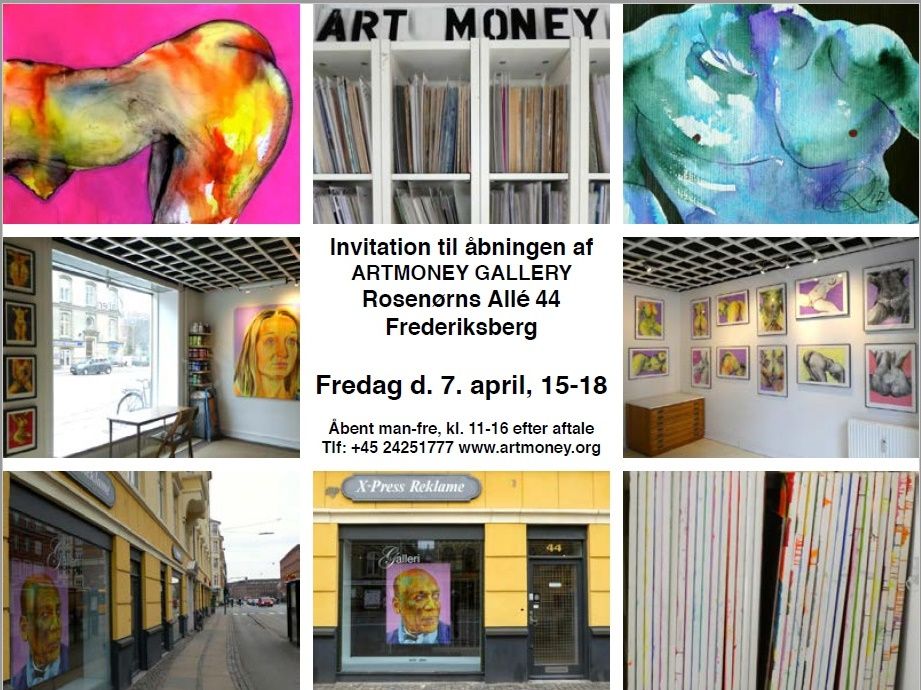Twenty years ago, Lars Kraemmer, was travelling from Canada to Mexico. The only snag was he’d run out of money.
However, being resourceful as well as talented, Lars literally painted his way out of the problem – using art to pay for food, accommodation and whatever else he needed, including a used motorcycle.
Several other trips like this followed, and this was the business plan that led him, together with a friend who believed in the idea, to devise the concept of Artmoney.
READ ALSO: The art of making money: a creative alternative to currency
The ‘currency’ consists of handmade works of art created by people who have joined the movement in a 12 x 18 cm format at a fixed value of 200 kroner.
Going back to the barter economy
“The concept of exchanging art for goods and services is as old as humankind, and the value of art is recognised by all people. Art Money simply introduces a system that unites format and value to make exchange easy, fun and beautiful,” said Kraemmer.
Fast-forward to the present. The Artmoney concept obviously fell on fertile ground as it is now able to celebrate its 20th birthday. Today, it has spread to more than 50 countries and Frederiksberg is the ‘Artmoney Capital of the World’.
Gallery and office opening
On April 7, Artmoney will be opening its first gallery and office. The idea is to use the space to display art and meet the growing demand for physical contact with artists, collectors and shops wanting to accept Artmoney as part payment.
What must have seemed like a utopian dream – painting your own money – has become real, and anyone can join the project!
The Artmoney gallery is situated at Rosenørns Allé 44, Frederiksberg, and the opening is on Friday April 7 from 15:00-17:00. For further details, visit artmoney.org or telephone 2425 1717.















